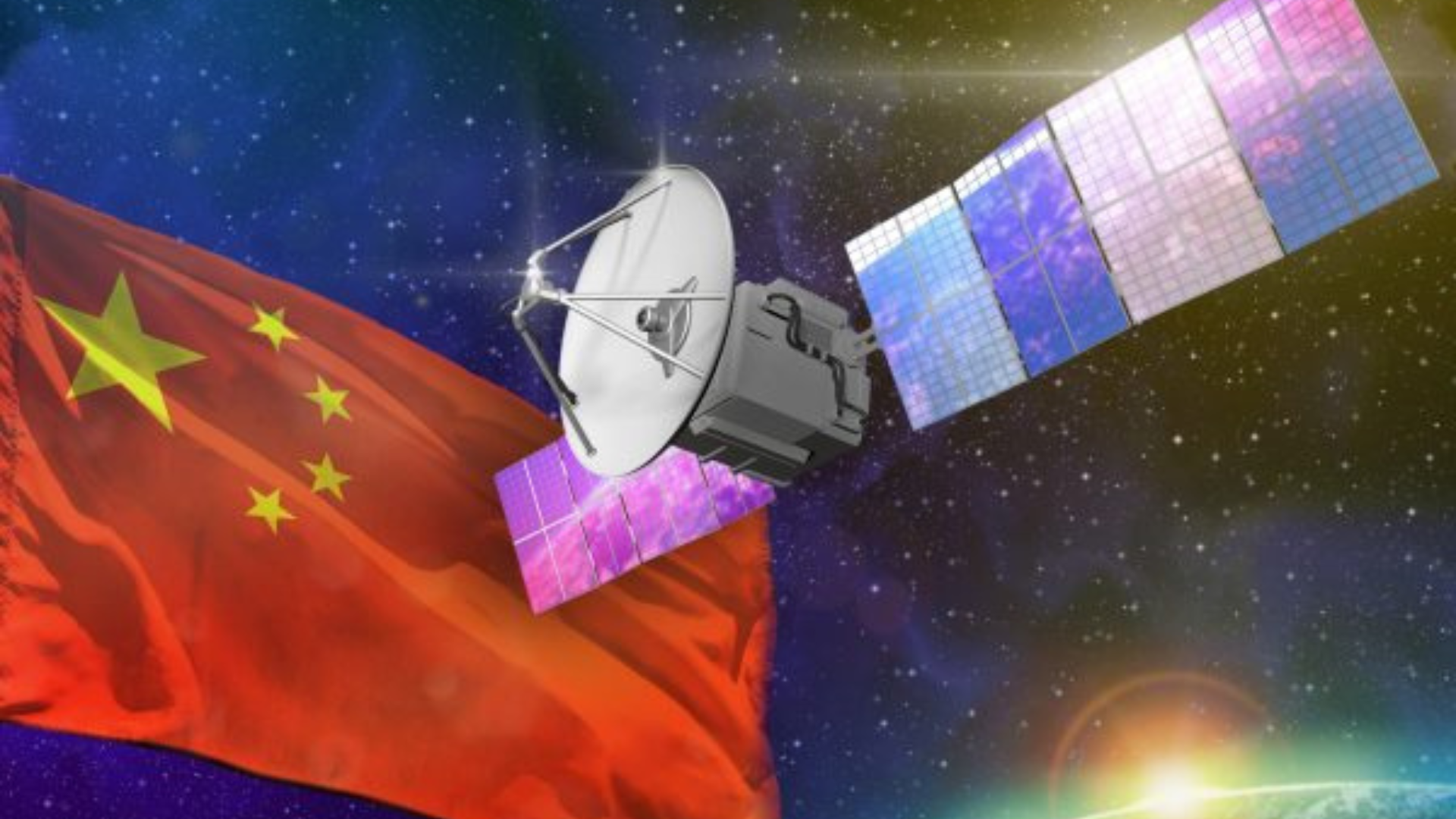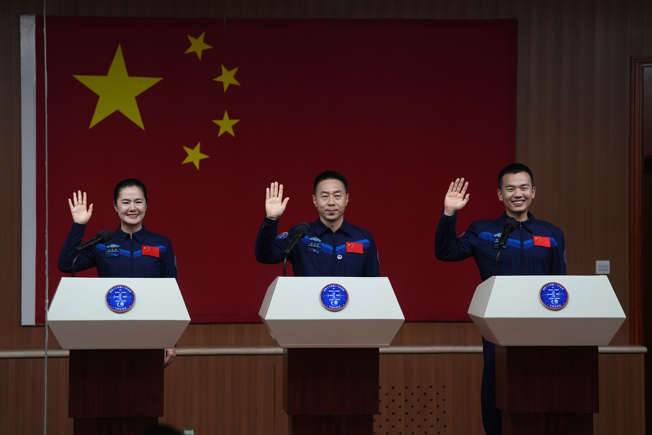
China is set to launch its next crewed mission to the Tiangong space station early Wednesday, continuing its stride toward becoming a dominant force in space exploration. The three-member crew—two men and one woman—will replace the astronauts who have resided aboard the station for the last six months. Cai Xuzhe, who previously flew on the Shenzhou-14 mission in 2022, will command the mission, while Song Lingdong, a former air force pilot, and Wang Haoze, an engineer with the China Aerospace Science and Technology Corporation, are first-time space travelers. Wang, also serving as the crew’s payload specialist, will become the third Chinese woman on a crewed space mission.

The Shenzhou-19 spacecraft, scheduled to launch at 4:27 a.m. from the Jiuquan Satellite Launch Center atop a Long March-2F rocket, was announced ready for takeoff by space agency spokesperson Lin Xiqiang. At a news conference Tuesday, the three astronauts spoke behind protective glass, pledging to fulfill their scientific goals on the station and bring “pride to the fatherland.”
China developed the Tiangong station independently after being barred from the International Space Station (ISS), an exclusion stemming from U.S. security concerns related to the space program’s ties to the People’s Liberation Army. Since launching its first crewed mission in 2003, China has consistently advanced its space capabilities, now planning to land a human on the moon by 2030. A research station on the moon is also in the works, fueling the country’s rivalry with the United States, Japan, and India in the new space race. The U.S. is targeting a return to lunar landings by 2026, marking its first manned moon mission in over 50 years.
This mission to Tiangong will include resupply shipments via an uncrewed craft, facilitating spacewalks and equipment upgrades to protect the station from space debris, much of it originating from China. The mission is expected to conclude by late April or early May, with contingency plans for an early return if necessary, as outlined by spokesperson Lin.
China’s space ambitions, which include a Mars rover landing, have bolstered national pride and positioned the country as a technological leader over the past two decades.
Featured Image courtesy of The Diplomat
Follow us for more updates on China space launch.
